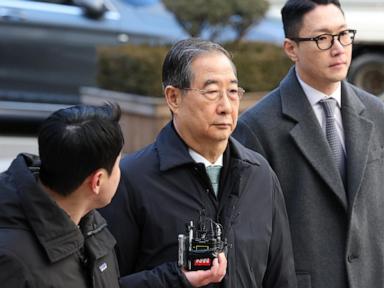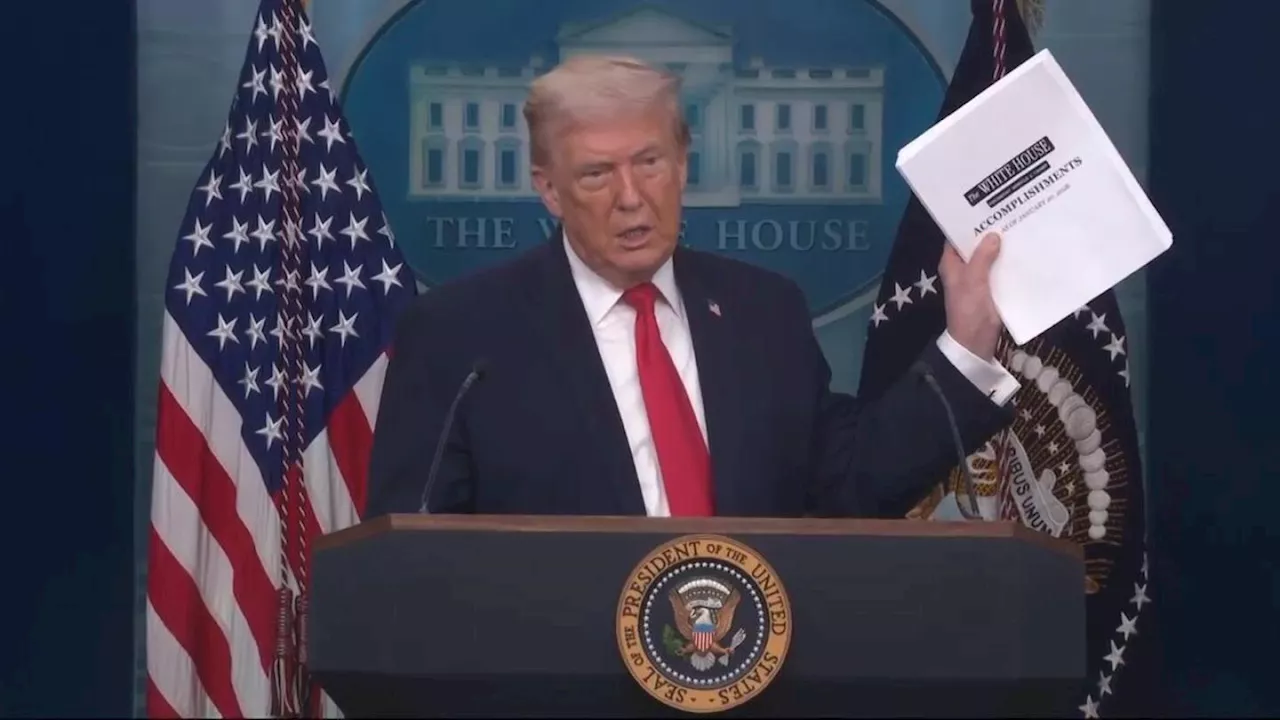
Amidst ongoing debates over immigration policies, a recent letter to the editor has reignited discussions about the Trump administration’s deportation practices. The letter, published on June 22, 2025, by Linda DeMarco, criticized protests against the deportation of immigrants, suggesting that all deported individuals are criminals.
This assertion has sparked controversy, as many argue that the Trump administration’s deportation efforts extend beyond individuals with criminal records. Critics of the policy highlight that the deportations often include individuals with no criminal history, separating families and impacting communities across the United States.
Understanding the Deportation Policy
The Trump administration has been known for its stringent immigration policies, which have been a cornerstone of its platform since the 2016 presidential campaign. The administration has emphasized the removal of undocumented immigrants, particularly those with criminal records. However, reports and data suggest that many deportations involve individuals without any criminal background.
According to a report by the Migration Policy Institute, nearly 60% of deported immigrants during the Trump era had no criminal convictions. This statistic challenges the narrative that the administration’s efforts are solely focused on criminals.
Voices from the Community
Community leaders and immigration advocates have voiced their concerns about the broad application of deportation policies. Maria Gonzalez, an immigration lawyer based in Los Angeles, stated, “The impact of these policies is felt deeply in our communities. Families are torn apart, and individuals who have contributed positively to society are being sent away.”
Gonzalez’s sentiments are echoed by many who argue that the policies lack compassion and fail to consider the individual circumstances of those being deported.
Historical Context and Comparisons
The current debate over deportation is not new. Historically, U.S. immigration policy has oscillated between periods of openness and restriction. The Immigration and Nationality Act of 1965, for example, marked a significant shift towards more inclusive policies, eliminating quotas based on national origin.
In contrast, the 1996 Illegal Immigration Reform and Immigrant Responsibility Act under President Bill Clinton increased deportations and expanded the list of deportable offenses, laying the groundwork for more aggressive policies seen in later administrations.
Expert Opinions on Policy Implications
Experts in immigration law and policy have weighed in on the implications of the Trump administration’s approach. Dr. Emily Smith, a professor of immigration studies, notes, “While the intention to secure borders is understandable, the execution of these policies often lacks nuance. It is crucial to differentiate between those who pose a threat and those who are contributing members of society.”
Smith’s analysis suggests that a more targeted approach could address security concerns without the widespread disruption caused by current practices.
Looking Ahead: Potential Policy Shifts
As the 2025 presidential election approaches, immigration policy remains a pivotal issue. Candidates across the political spectrum are proposing various reforms, ranging from more humane treatment of immigrants to stricter enforcement measures.
The Biden administration, which succeeded Trump, has attempted to reverse some of these policies, focusing on pathways to citizenship and more humane treatment of undocumented immigrants. However, the debate over how best to manage immigration continues to be a contentious topic in American politics.
The future of U.S. immigration policy will likely depend on the outcome of upcoming elections and the broader political climate. As discussions continue, the impact on individuals and communities remains a critical consideration for policymakers and advocates alike.







